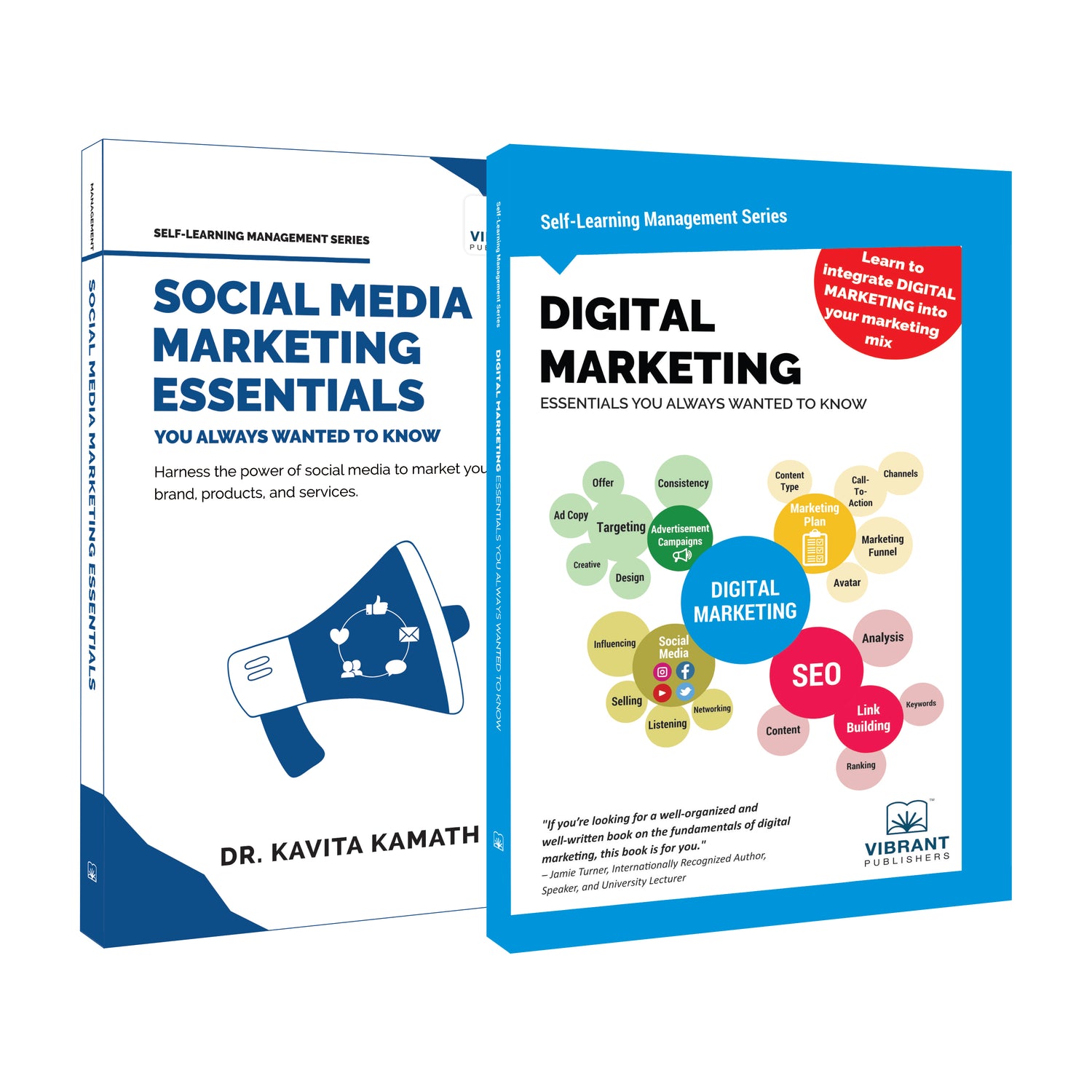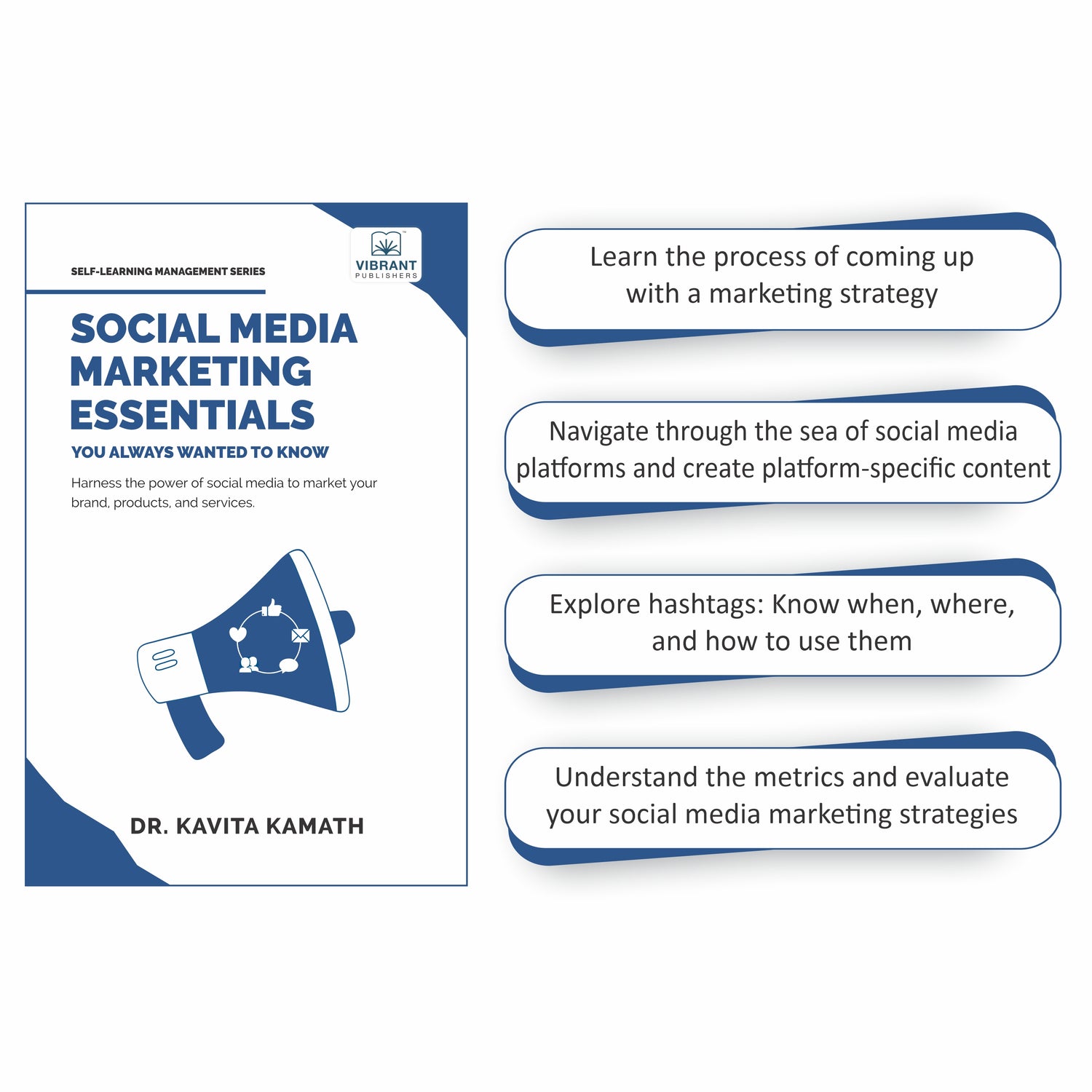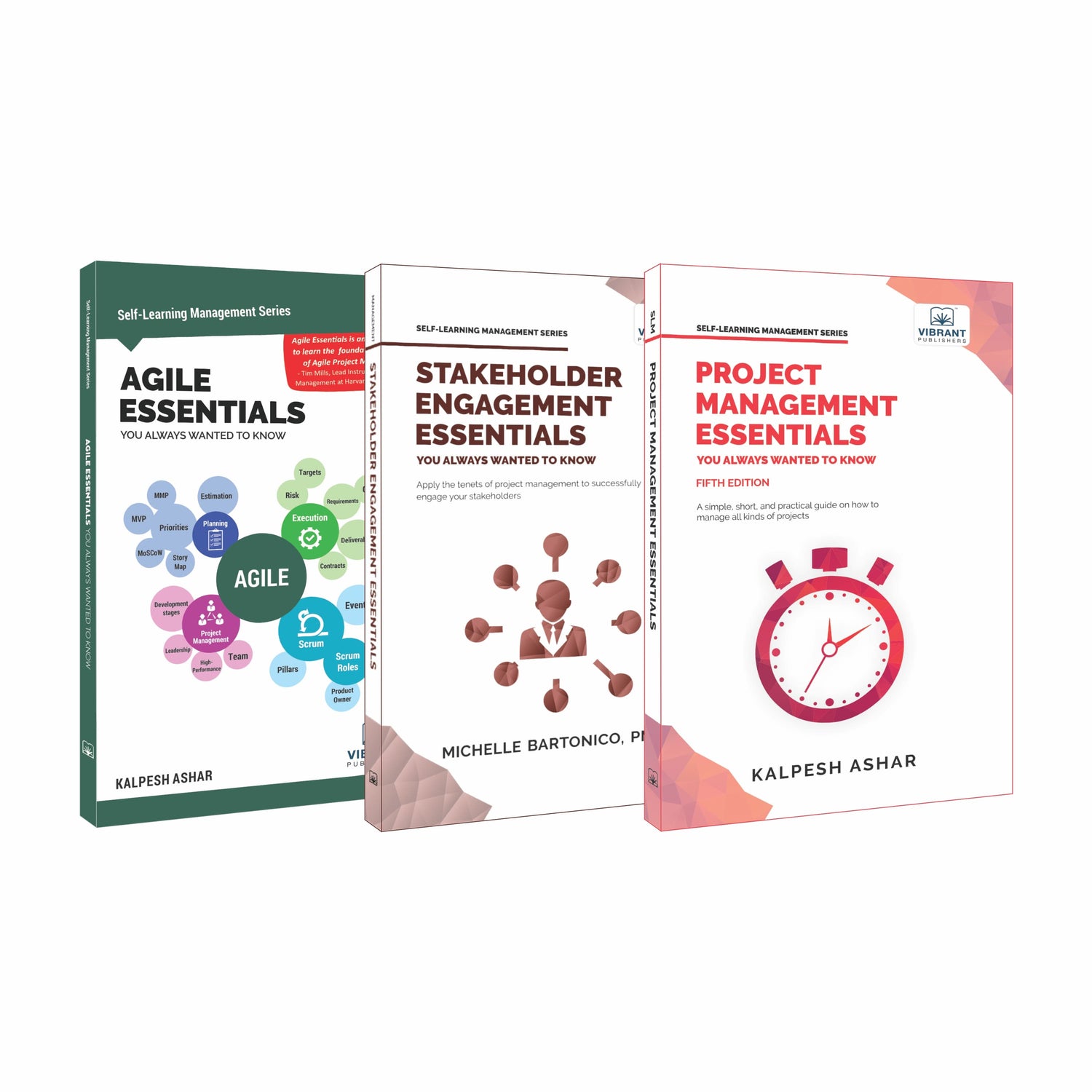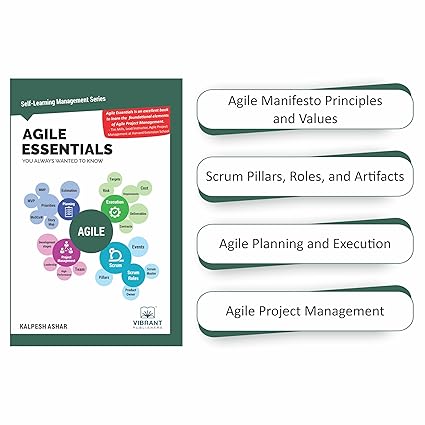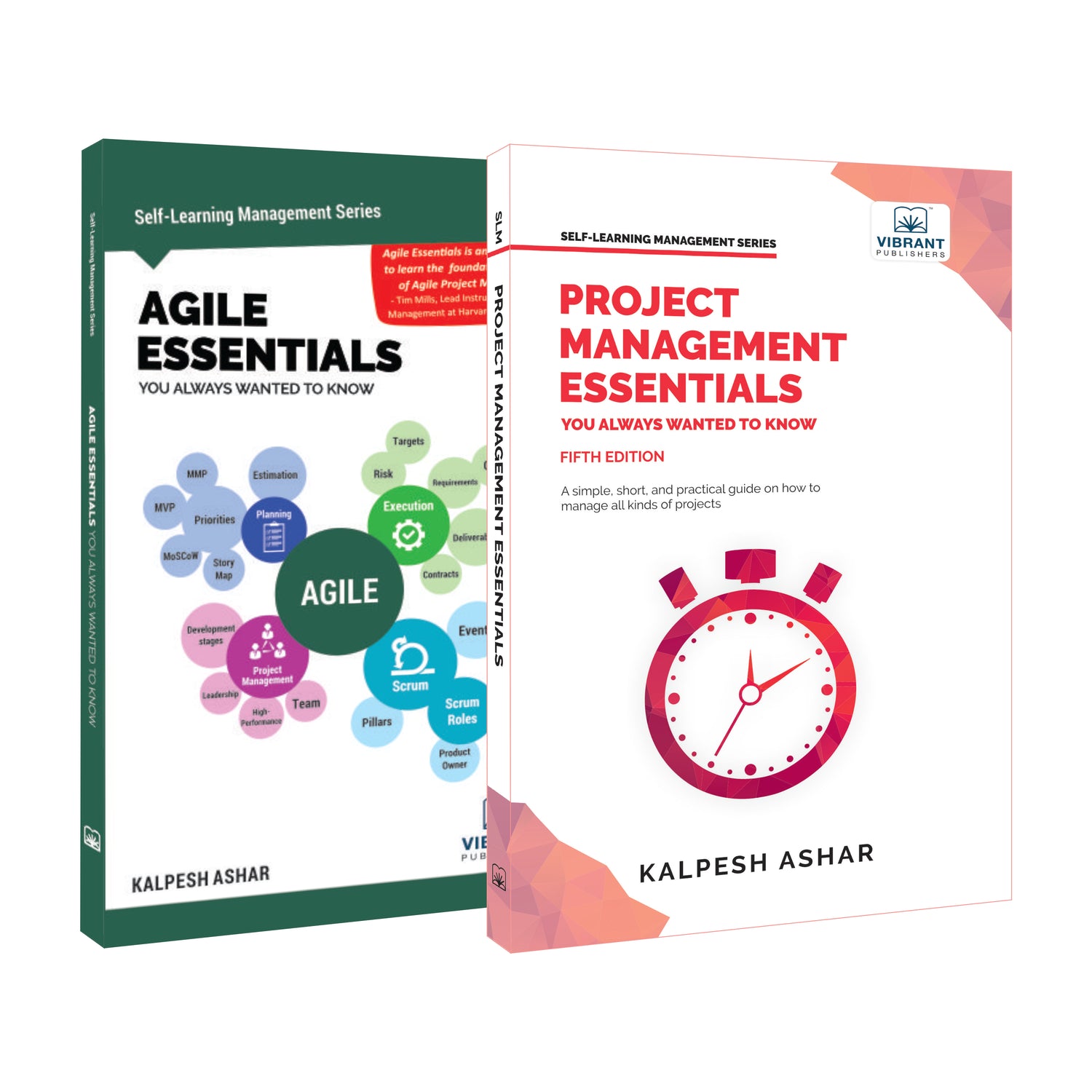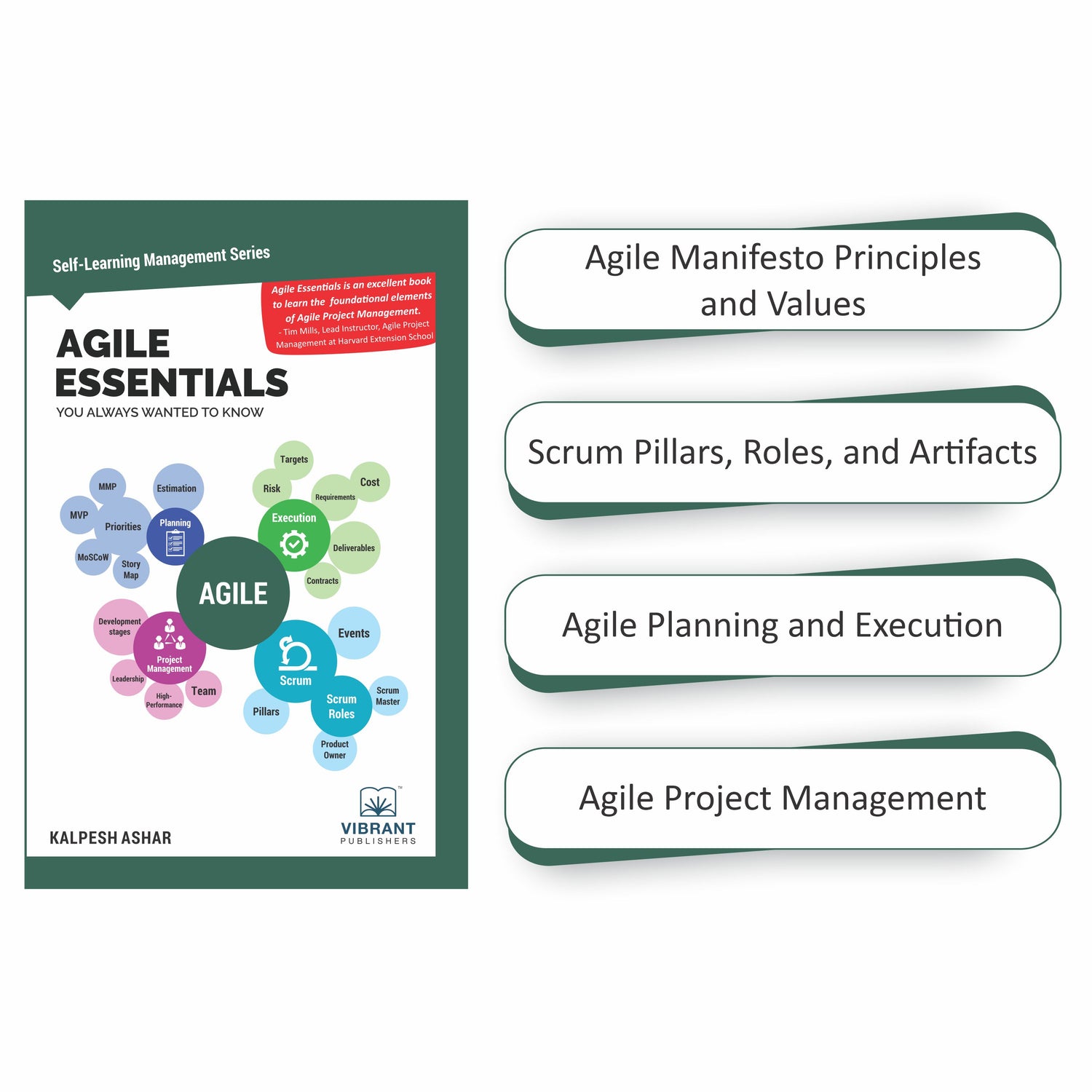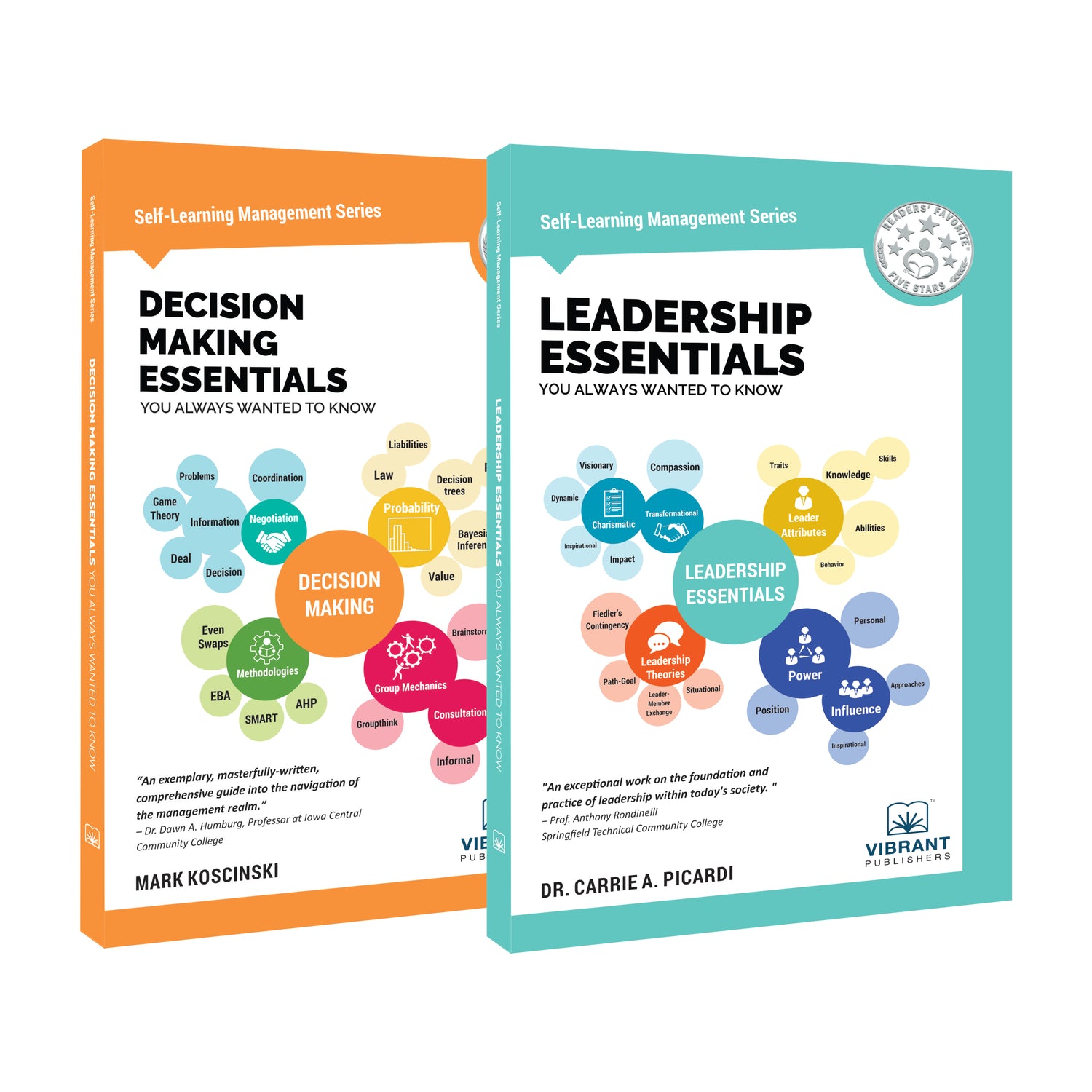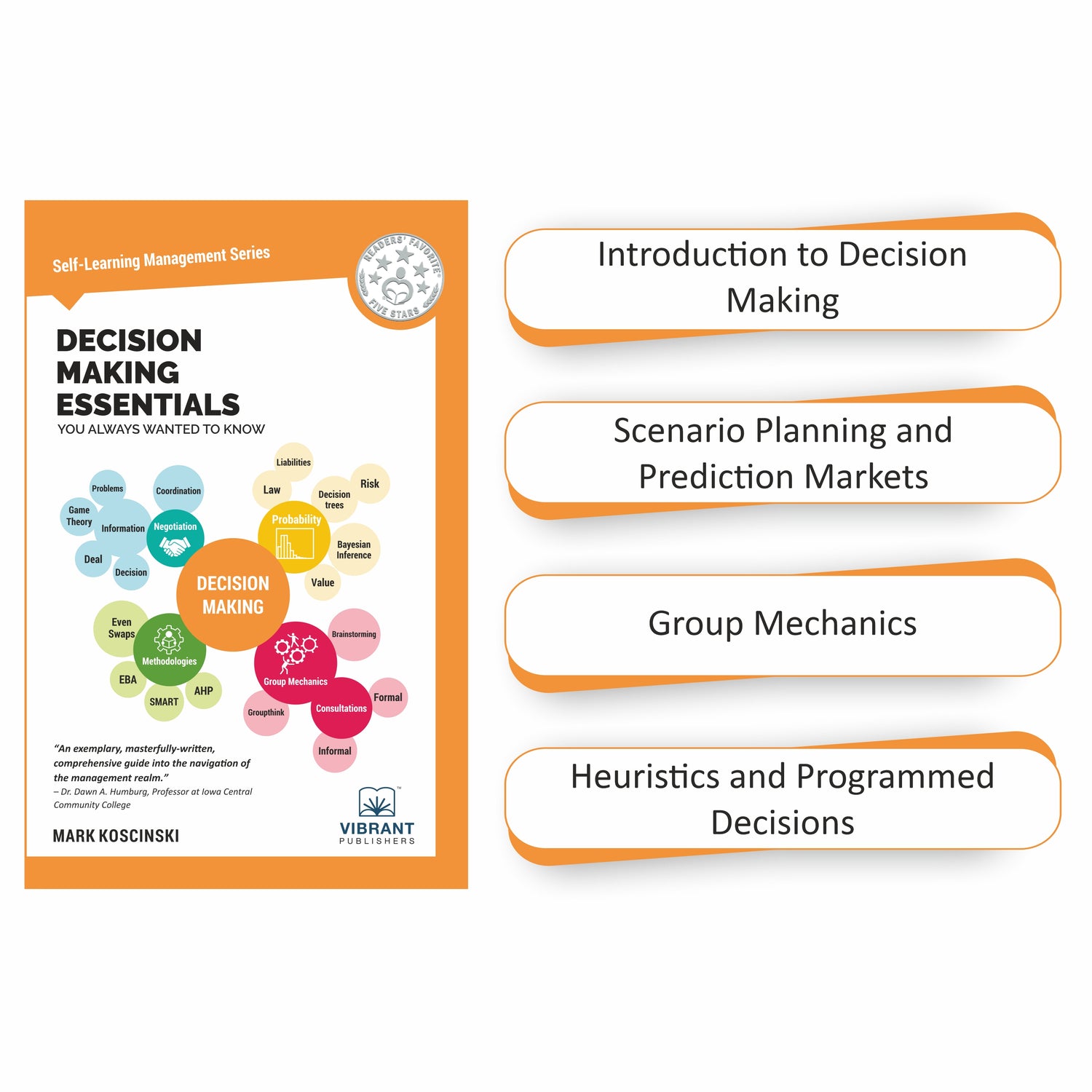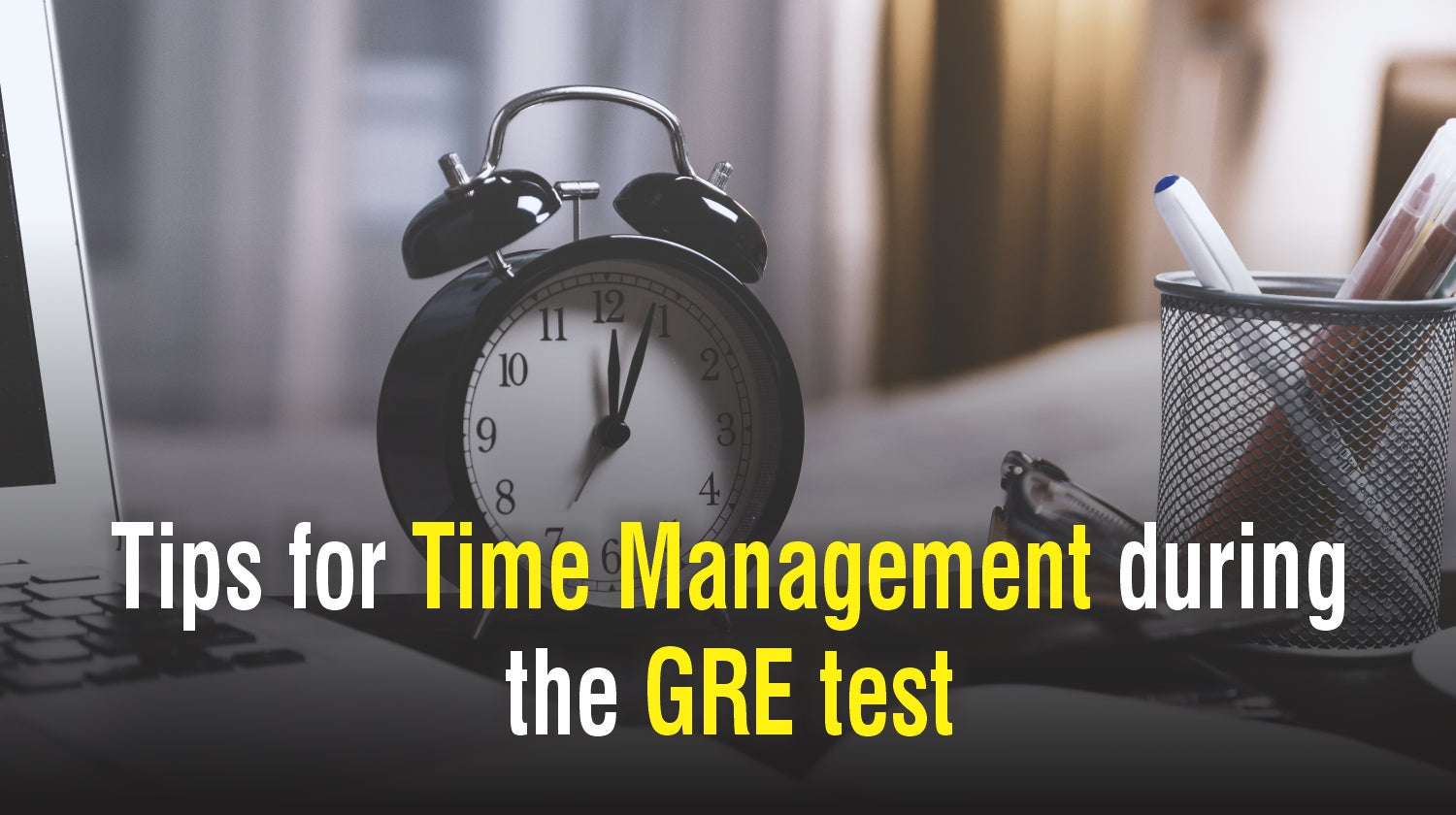
Tips for Time Management during the GRE test
How a student manages time during the GRE test is one of the key determinants of his/her score on this exam. Managing time smartly under the pressure of the test can be tough but apportioning the time well can indeed relieve a lot of stress for the students.
Let’s look at some of the ways/methods which you can incorporate to ace the GRE test:
- Keep your cool: Come back later with a fresh take!
When you can’t figure out the answer to any particular question, don’t get worked up or frustrated. Usually, you should not spend more than 2 minutes on any question. Mark/flag the question that is taking longer and move on to the next one. Coming back to a question at some point later during the test can give you a new perspective for solving it as opposed to sticking to it and wasting a lot of valuable time. As you would experience, revisiting the question with a fresh take on the question may enable you to solve it much faster than expected!
- Use one of these as and when required: POE, Plug-in, Trial and Error
It is quite possible that a student would not be able to get or find the right answer since the logic of solving some questions may not strike at the right time or the problem seems excruciatingly complex and may require tedious calculations. In such situations, it behooves a student to look for other methods or ways of solving the question rather than getting stuck and being adamant about getting the correct answer through the conventional ways. POE (Process Of Elimination), Plug-in, and Trial and Error are some of the methods that would bail a student out of messy situations, especially in the quantitative section. In the Process Of Elimination, you will strike out the options that you think are not the correct options. In the Plug-in method, you replace a variable with a number and solve the equation until you get the desired answer and in trial and error, you try to get an answer by replacing the variable with the numbers given until you derive the answer.
- Keep a track of time using the background/preset timer
Some students break a sweat while looking at the clock/timer and some find it absolutely indispensable. If you are amongst the first types, avoid keeping a fixed gaze at the timer but do look at it once every couple of minutes to keep a track of time and adjust/adapt your strategies/methods.
- Attempt all the questions; don’t leave any of them unanswered
Since there is no negative marking in the GRE exam, it makes sense to attempt even the most difficult or trickiest questions through intelligent guesswork or by using one of the methods of POE, plug-in or trial and error. Leaving an MCQ or QC question unanswered means not taking advantage of the odds of 25% success in these questions.
Tips for the Quantitative Section
- Spend less time on simple questions
Spending less time (between 30 to 60 seconds) on easier MCQ or Numeric Entry questions can save you enough time to solve difficult and Data Interpretation questions which may take up to 3 or 4 minutes sometimes.
- Get used to the on-screen calculator
Although you must perform all the simple calculations either in your mind or on rough paper, for complex calculations you may have to rely on the on-screen calculator. Thus, you must learn about all the different functions of the calculator provided on-screen to avoid wasting your time.
- Neat rough work
Proper and neat rough work can save you a lot of time, especially when you get back to an unanswered question. Remember to number the rough work for every question on the paper so that you don’t have to waste time finding it. If rough work is done in a proper manner, you won’t have to start afresh or do the same calculations when you come back to a particular question.
The GRE Quantitative Reasoning Supreme: Study Guide With Practice Questions is an indispensable guidebook for practicing quantitative reasoning questions.
Tips for the Verbal Section
- Read the question before reading the passage
Many students spend a lot of time reading and re-reading the passage to look for the answers to the questions. What usually works best is reading the question first, then going through the passage to look for the answers, and then going through the answer options to select the one that is right or seems the most appropriate. This method saves a lot of time and also the fatigue that comes from reading the passage over and over again.
- If you can’t understand the word, try to understand the sound or the feel of it
It is quite possible that even after going through thousands of words, you may feel that you are not familiar with the word(s) in the answer options of the text completion or sentence equivalence questions. In such situations, don’t waste time on guessing the meaning of the word. Instead, try to guess the feel or the connotation of the word: whether it is positive or negative or means something good or bad. That would help in the POE and zeroing in on suitable option(s).
Refer to the GRE Verbal Reasoning Supreme: Study Guide With Practice Questions for more tips on completing the Verbal Reasoning section.
Tips for the AWA Section
- Create a framework for the argument analysis essay
Since a student has to critique the argument in order to find flaws or assumptions or reasonability of recommendation or evidence, it is quite time-saving to have a rough outline of the essay ready. During your practice for the AWA sections, try to have a rough outline of each of the 5-6 types of argument analysis excerpts. Although memorizing any format or proforma is not what is being suggested here, it would hold a student in good stead to keep a few phrases and sentence structures handy.
You can refer to the GRE Analytical Writing Supreme: Solutions to the Real Essay Topics for learning to write high-scoring essays.
Author bio - Mrs. Heena Jain Ostwal is the Ex-Manager, Training Services, and Head of the Documentation Department at Akshay Study Abroad Consultants, one of North Maharashtra's leading study abroad institutes. She is also the Ex-Head of Test Prep, Vibrant Publishers. Currently, she freelances as a content developer, writer, and reviewer (SoPs, LoRs, Resumes, Blogs, Test Prep, Scholarship Essays)
A SET-qualified individual, Mrs. Heena has also donned the role of a college professor. She has an extensive experience of over 15 years in the domains of teaching, mentoring, counseling, and content development.
Share



